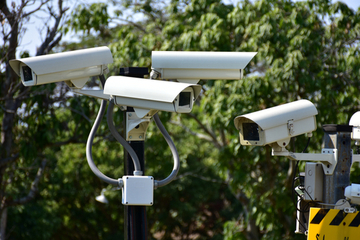
Overview of Florida Workers Compensation
I should start by stating that my firm does not handle Workers Compensation claims, although we know plenty of other great attorneys who do. But there is an obvious connection between Florida workers compensation claims and third-party negligence claims.
In fact, sometimes the injured party has a choice as to whether they want to proceed with a worker’s comp claim, or a third-party negligence claim. The goal of this article is to explain the pros and cons of each.
The goal of the Florida workers compensation system is noble in its intention: rather than go through the regular civil litigation process where the plaintiff has the burden of proving negligence, which can take years to resolve (during which time the injured party may not be working or receiving medical treatment), the workers compensation system allows an injured worker to get a portion of their lost wages and medical treatment almost immediately.
In exchange, the worker gives up his or her right to sue the employer for negligence and cannot receive compensation for pain and suffering. The laws detailing how the Florida Workers Compensation system works can be found in F.S. 440.11.
The Statutes Noble Intention is Often Muddled by Employer’s and Workers Compensation Insurance Company’s Cheapness
The problem comes, of course, when the statute’s noble intention is muddled by employers and workers comp insurance companies trying to save a buck. Unfortunately, the medical benefits provided under the Florida workers compensation system are controlled by the employers and workers comp insurance carriers.
To keep their benefactors happy, workers compensation doctors are incentivized to minimize the severity of an worker’s injury and prematurely deem them able to work (thereby cutting off reasonable and necessary medical care too soon).











